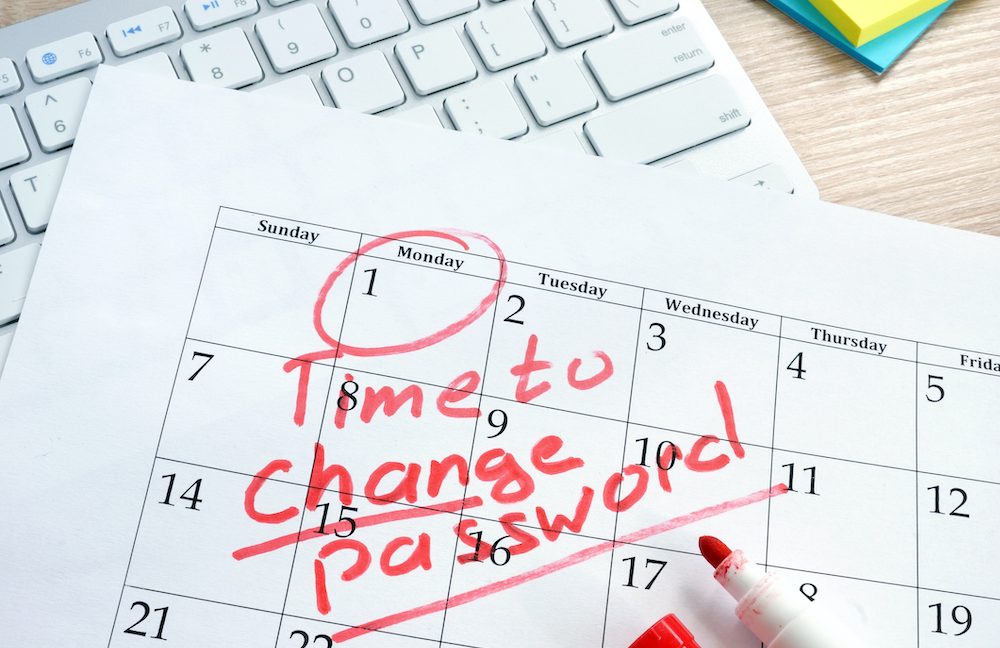- Oct 16, 2022
- 694
I didn't really understand much of what you said, but let's go there. Whenever you install SP for the first time on a new device, you need to enter a unique PIN, which is sent to your email when you first installed SP, to authorize this new device to mark as trusted, and then consequently you enter your master password, regardless of whether you will sync in the cloud or not, unfortunately SP requires this step. About the fact that you need to type your master password in SP every time in a new device, is for security reasons, yes it is inconvenient, but all password managers are like that. Your master password is the key that decrypts the database. On the cell phone you can already use biometrics, iris reader, PIN to make it more convenient for you to have to keep entering your master password every time you use SP. Even so, SP from time to time for security reasons will require you to enter your master password.One thing that I dont like about SP is the fact you need to enter your master password when you sign in to your sticky password on a new device. I just do not get it why you have to use your master password to sign in even though your data is not synced to the cloud.
Last edited:





